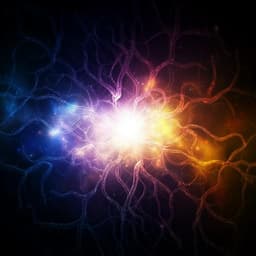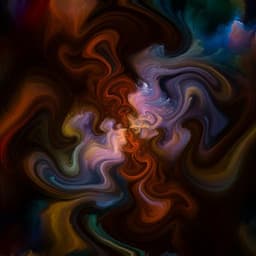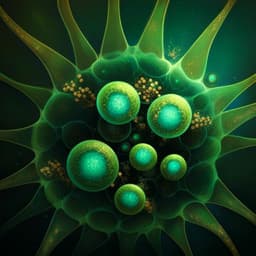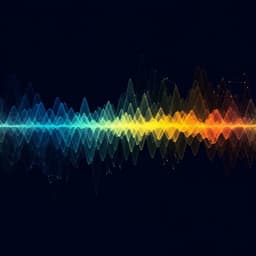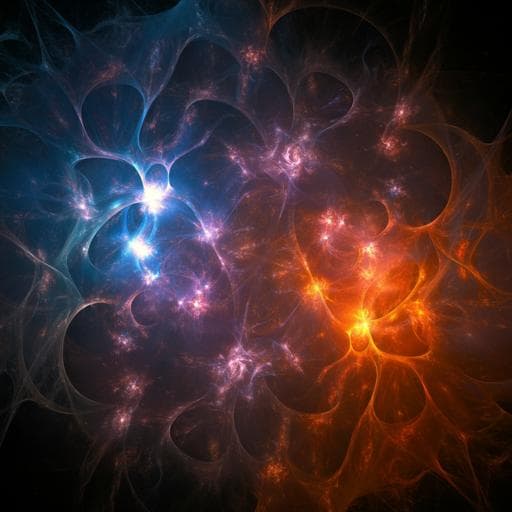
Medicine and Health
Comparative acute effects of mescaline, lysergic acid diethylamide, and psilocybin in a randomized, double-blind, placebo-controlled cross-over study in healthy participants
L. Leyl, F. Holze, et al.
Explore the captivating findings from a recent study by Laura Leyl and colleagues, which reveals the acute effects of mescaline, LSD, and psilocybin on healthy participants. Discover how these substances compare in subjective experience, with mescaline showcasing the longest duration of action. What does this mean for our understanding of altered states of consciousness? Dive in to find out!
Related Publications
Explore these studies to deepen your understanding of the subject.



